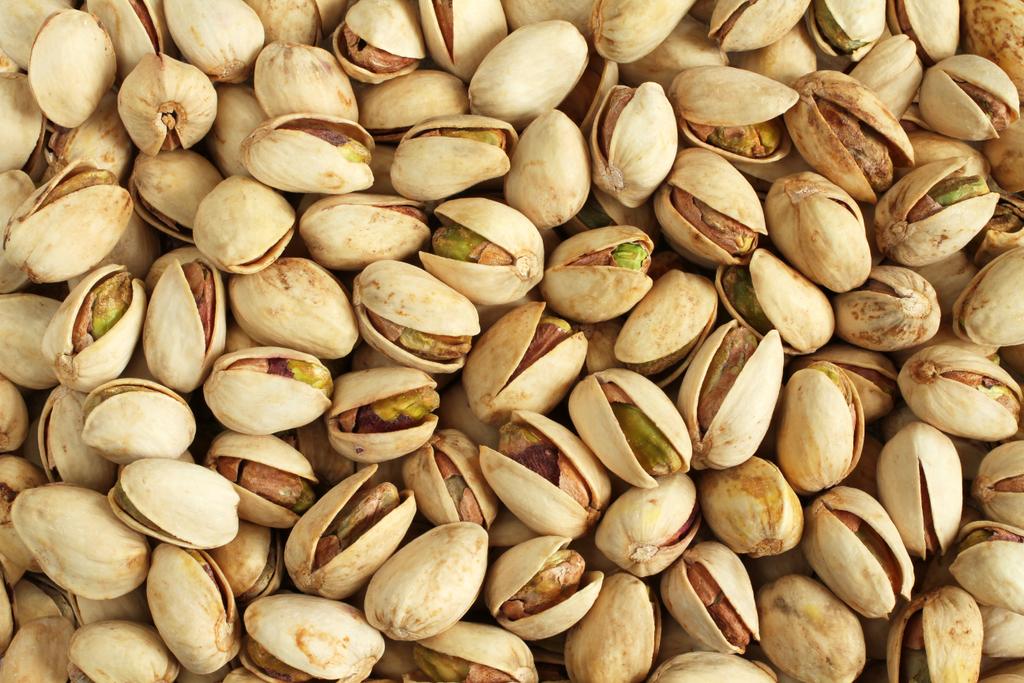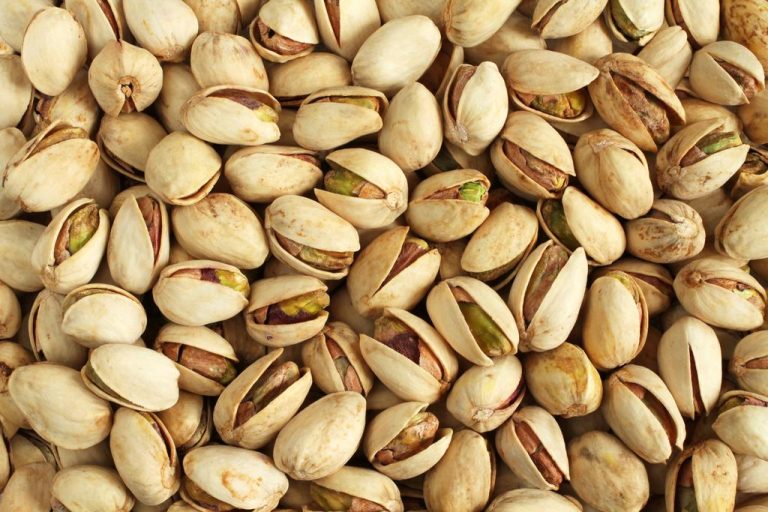Our brain works around the clock: Whether it’s at school or work, driving a car, cooking and even while we sleep, our brain does a lot. With certain foods we can maintain these functions and slow down the aging process.
It controls every reaction that happens in the body by perceiving influences, forwarding and processing impulses: the brain. The brain takes over many subconscious processes such as breathing or reflexes for us. The cerebral cortex takes up 80 percent of the total volume and is responsible for processing mental images and visual information. But areas such as the thalamus or hippocampus also have their own tasks.
With its several hundred billion nerve cells, the brain is one of our most important organs: as soon as a nerve cell is defective or damaged, it can no longer regenerate. It is therefore important that we protect our brain and give it the nutrients it needs to maintain the nerve cells and support them in their functions.

Brainfood: These are the main nutrients for the brain
With a balanced diet, you can keep your brain permanently fit. But which foods are good for the brain and which are harmful?
1. Carbohydrates
Serve as the main source of energy
Overall, the brain uses a fifth of the energy that we absorb from food. However, water also plays an important role in smooth functioning. It is therefore important that we drink enough liquid.
2. Albumen
Proteins are made up of different amino acids that help form cells. In addition, amino acids control different metabolic processes such as the sleep-wake cycle or the ability to learn. A combination of different protein sources represents an optimal supply of nutrients for the brain: Soy flakes, Parmesan, Harz cheese, beef, lentils or peanuts are good sources of protein.
3. Fat
Just as the body uses fat to protect itself from the cold, fat also protects our nerve cells in the brain. Omega-3 fatty acids play a role here
Salmon, herring, mackerel and certain oils such as flaxseed oil or walnut oil contain these important omega-3 fatty acids.
Micronutrients for the brain
In addition to protein, carbohydrates and fats, micronutrients also contribute
1. Vitamin C
Vitamin C is an important factor in the maturation and function of nerve cells. The vitamin also supports the reduction of stress factors in the brain. Too high a proportion of this oxidative stress can increase the risk of cancer and cardiovascular diseases as well as neurological diseases.
2. B vitamins
We can absorb eight different B vitamins through food, with vitamins B6 and B12 being particularly important. Deficiency symptoms of the former can manifest themselves in a depressive mood, tiredness and cramps. B6 vitamins can be found in meat, fish, bananas, nuts and legumes. Vitamin B12, on the other hand, is only found in animal products such as cheese. Deficiency symptoms of this vitamin are expressed in behavioral fluctuations and a limited ability to think and concentrate.
3. Potassium
Potassium is one of the minerals and influences the regulation of blood pressure. Optimal intake can therefore reduce the risk of a stroke or cardiovascular disease. The brain needs potassium to ensure the transmission of stimuli in the nervous system.
4. Selenium
The trace element selenium is vital for the brain. It is important for motor performance, coordination and memory. A sufficient supply is therefore important to ensure the function of the brain and nerve cells. But the immune system and the thyroid gland also need selenium to be functional.
These foods damage the brain
Fast food, sweets or too much fat
1. Sugar: Addicted to the reward
Sugar serves the brain as a quick source of energy. Especially in ready meals, the component is increasing more and more. According to studies, the consumption of sugary drinks is also increasing in society. Too much sugar not only increases the likelihood of developing type 2 diabetes, but also acts like a drug on the brain. With a high-sugar diet, the receptors are activated and send a reward signal to the brain. In doing so, they override the self-control mechanisms and create constant cravings. So you can get really addicted to sugar. It is better to use alternative sweeteners such as thick juice or rice syrup.

2. Cola Zero: Aspartame can limit brain power
Not all sweeteners are necessarily better than sugar.
It was found that high consumption of aspartame had a particularly negative effect on spatial orientation and mood















